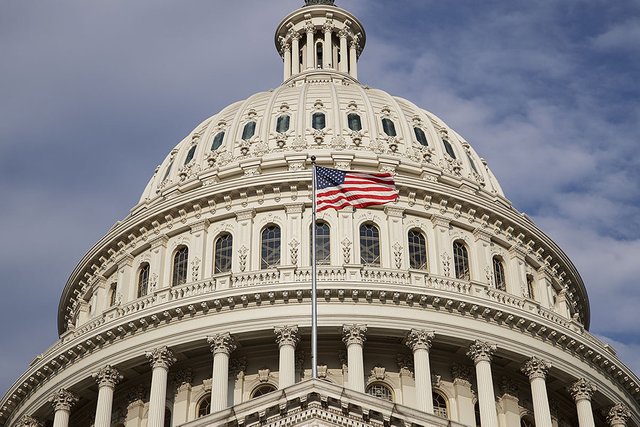US Congressional Legislature Attending to Cryptocurrency Market Manipulation

Recently, two bipartisan bills have been drawn up by United States Congress Representatives Darren Soto (D-FL) and Ted Budd (R-NC) that serve to incite Congressional involvement in cleaning up virtual currency markets. The Medium article by Tim Cotten provided a solid summary on the broad strokes behind what these bills would cover.
Looking into the content of the bills, it becomes clear that Congress is not yet ready to provide definitive rulings on market manipulation, as the bills point toward gaining research. Both bills are fairly simple, neglecting specificities (maybe this is generally how it is with bringing in new topics for congressional bills, I’m not sure), and serve to provide exploratory reports into cryptocurrency market implications. The report within the Virtual Consumer Protection Act of 2018 bill will serve to describe the impact that cryptocurrency markets may have on the domestic economy, and provide opportunities to remedy current market manipulation. The report within the US Virtual Currency Market and Regulatory Competitiveness Act of 2018 bill will serve to describe the different ways that foreign countries have managed to deal with cryptocurrency market manipulation.
Cryptocurrency as a Focus in Investment Speculation
Interestingly, the majority of discussion relating to distributed ledger technology within the political realm continues to focus on the speculative trading dynamic. I imagine that there are a few reasons for this being the key driver.
(1) This is where the money is situated, as well as domestic sentiment of fear-of-missing-out (FOMO). Big, domestic multinational corporations have been arduously crafting solutions for incorporating cryptocurrency products into financial trading. This effort, with what one might speculate, is driven in large part by the opportunity of lofty margins and the rise of international competitive influence.
(2) Cryptocurrencies are what everyone knows best (even politicians). They have served as the “gateway drug” for many individuals to get involved with the overarching distributed ledger ecosystem, and so most individuals’ knowledge on cryptocurrencies far outweighs their knowledge on other components of community findings/innovations.
(3) Declawing the black market economy. While regulators have been doing this in the crypto space for nearly a decade now, the rise in sophistication of market players and platforms have added complexity into the crackdown on criminal activity within the cryptosphere.
(4) Starting point for precedents later passed onto for B2B, B2C commerce. With high-frequency trading requiring the highest standards of fluidity, security, and regulatory oversight, many of the rulings achieved here can carry over into other sectors of society.
Looking Onward
While I’m happy that Congress could be taking progressive action should the bills be passed, we’re still years away from establishing solutions that toe the line between public advances, development innovation & implementation, and regulatory security & accountability. My thoughts reflect that a standardized & proactive approach to oversight will be needed to ensure that accountability is assured, but done so in a way that doesn’t compromise privacy or security. As the Federal and State governments continue the iterative push for practical implementation of distributed ledger technology, we know that we are headed in the right direction.
…
While this article is posted here, it’s posted elsewhere as well. In an effort to create a cross-platform discussion, I invite you to expand on any thoughts you have here in the comments as well as over on treadie, which is very much a microcommunity twitter. The reason I use treadie is because (1) it’s free, signup only with Facebook or Twitter; (2) you don’t get the walled garden of only one platform comment section, instead combining everyone for discussion. Link: https://uclatcmm.treadie.com/